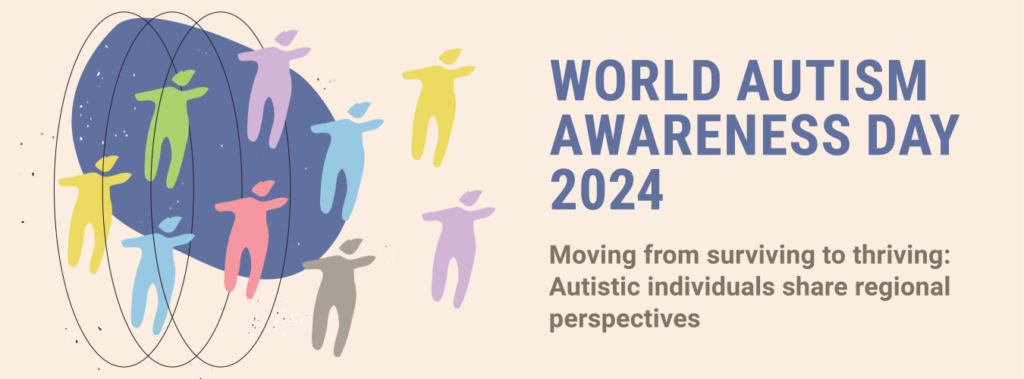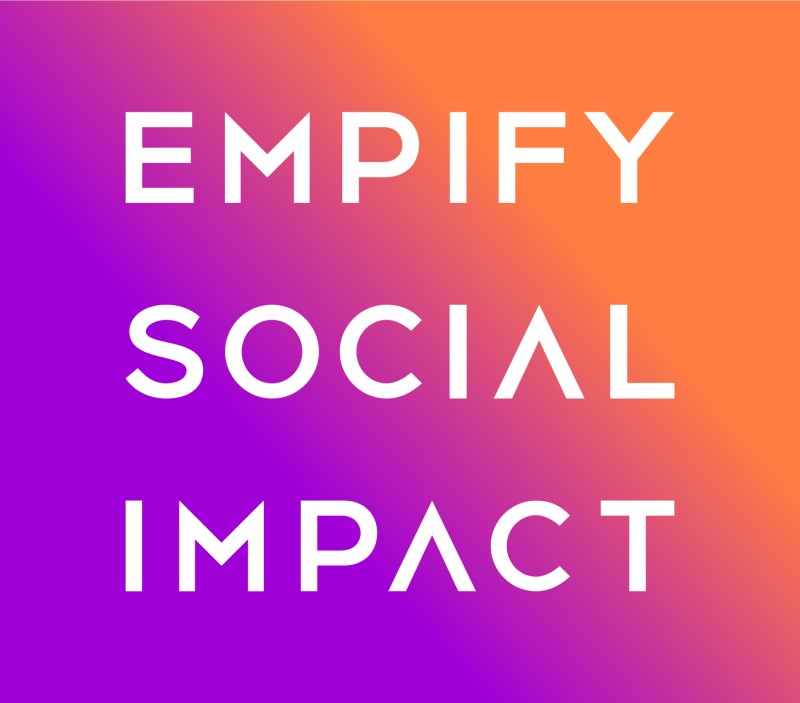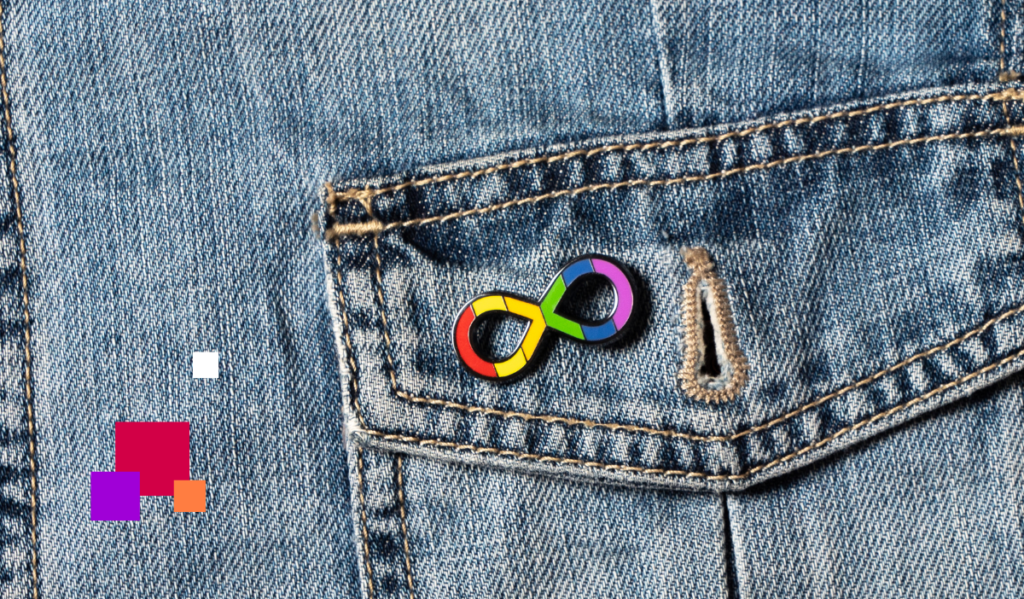In 2007, the United Nations established April 2nd as World Autism Awareness Day to focus worldwide attention on the needs and challenges faced by autistic individuals. Today, 17 years later, there’s a growing emphasis on embracing and recognizing the unique abilities of individuals with Autism Spectrum Disorder (ASD). The push towards fostering a more inclusive world where neurological differences are respected and valued is at the heart of this observance.
World Autism Awareness Day 2024
This year’s World Autism Awareness Day was marked by a special online event, “Moving from Surviving to Thriving: Autistic individuals share regional perspectives”, organized by the UN and the Institute of Neurodiversity (ION). The event is divided into three parts where panelists from around the globe, all of whom are on the autism spectrum, shared their personal insights and discussed the importance of the implementation of the Sustainable Development Goals for autistic people to be able to thrive. Recordings are available on the @unitednations channel on YouTube:
- Part one – Africa and Asia
- Part two – Oceania and Europe
- Part three – Americas

Aiming for Better Integration and Fulfilling Lives
Being on the autism spectrum influences one’s thought processes, communication, and interaction with the world. While each person’s experience is distinct, many face similar issues such as stigmatization, discrimination, and even violence in their everyday lives. It’s crucial for people with ASD, along with their families and caregivers, to have access to resources, advice, and support that aid in better societal integration. It’s equally important to ensure they have the chance to develop their passions, pursue career choices, and make relationships, all essential for a truly fulfilling life. During #AutismAcceptanceWeek, the organization Neurodiversity in Business shared 5 actionable ways to promote autism acceptance:
- Stop saying “you don’t look like you’re on the autism spectrum.” It’s not a compliment; autism doesn’t have a “look.”
- Show compassion towards autistic people in distress. An autistic meltdown isn’t a tantrum; it’s a genuine struggle.
- Remember, not speaking doesn’t mean not thinking or feeling. Communication can take many forms.
- Children on the autism spectrum grow up to be adults on the spectrum. Learning from and listening to adults with ASD can make you a better ally.
- Support individuals on the spectrum in the workplace. There’s much more that companies can do to hire, support, and retain autistic talent, especially given that this neurominority face highest rates of unemployment.
The Power of Local Initiatives
April is filled with local initiatives aimed at fostering understanding and acceptance of ASD. The #AutismAcceptanceWeek in the UK, hosted by the National Autistic Society, is one of them. The Prodeste Foundation is leveraging its Instagram platform to share educational posts on ASD throughout the month. These efforts underscore the significance of local initiatives in enhancing societal integration and understanding of individuals on the autism spectrum. Achieving full acceptance and recognition of the contributions of neurodivergent individuals requires commitment at every societal level.
Sources:
https://www.un.org/en/observances/autism-day
https://www.linkedin.com/posts/neurodiversity-in-business_autismacceptanceweek-teamnib-neurodiversityinbusiness-activity-7180931312759799810-IDNf?utm_source=share&utm_medium=member_desktop

